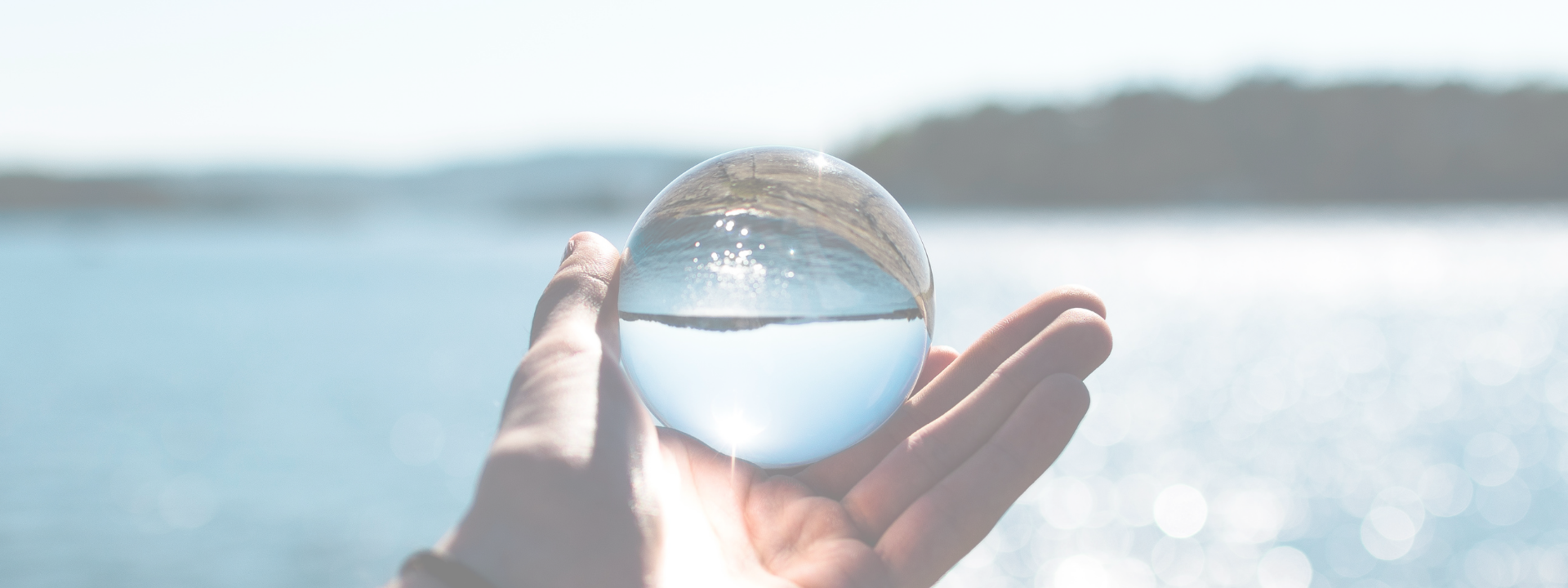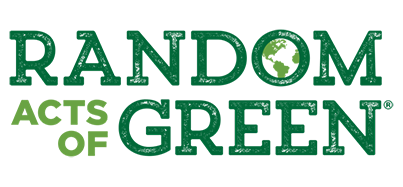International Day of Action for Rivers - March 14th 2022

 Did you know that:
Did you know that: Approximately 400 billion gallons of water are used in the United States per day.
Approximately 400 billion gallons of water are used in the United States per day. A bath uses up to 70 gallons of water; a five-minute shower uses 10 to 25 gallons.
A bath uses up to 70 gallons of water; a five-minute shower uses 10 to 25 gallons. The first water pipes in the U.S. were made from hollowed logs.
The first water pipes in the U.S. were made from hollowed logs. It takes 6.3 gallons of water to make 17 ounces of plastic.
It takes 6.3 gallons of water to make 17 ounces of plastic. While International Day of Action for Rivers sounds like an overwhelming title: These are things that you can easily do at home to help our local waterways.
While International Day of Action for Rivers sounds like an overwhelming title: These are things that you can easily do at home to help our local waterways. How many of these do you do, and what would you add to this list?
How many of these do you do, and what would you add to this list?Keep the storm drain near your house clear:
Storm drain litter directly impacts local waterways.
“Plastic pieces and cigarette butts are always the top two items found. Most of the litter actually comes from the city storm drains, which lead directly to Lake Superior,” Emily Leach at the Superior Watershed Partnership
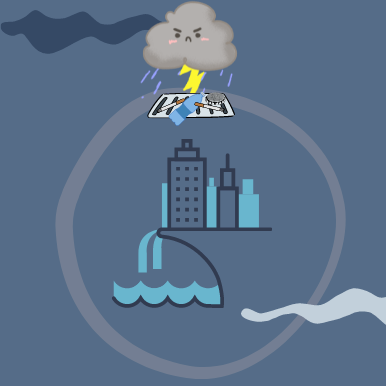
Use your local carwash instead of hand washing your vehicle:
When you wash your car yourself, the water runs down your driveway and into your storm drain. Whereas, commercial car washes trap these contaminants in a drain. The contaminants are then removed by a water treatment system.
You’re also saving water! Washing your car at home typically uses between 80-140 gallons of water. A commercial car wash uses about half that or about 45 gallons of water on average.
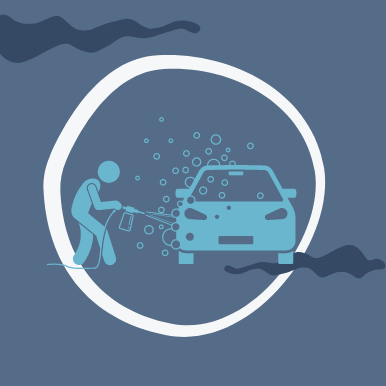
Use natural fertilizer:
When too much fertilizer enters the water, it can cause the natural process of eutrophication to speed up.
Eutrophication causes algae growth to explode. This phenomenon, known as hypoxia, results in oxygen levels becoming so low that the water can no longer support aquatic life.
– r4dn
Opt for natural fertilizers instead!
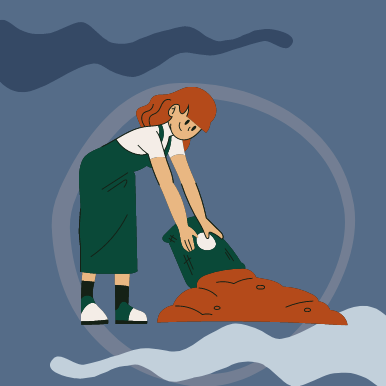

Author
Stephanie Ward
Stephanie started her journey towards a sustainable lifestyle young: at the age of 12, she started a ‘compost bin’ in a margarine container — and left it for her mum to find under the sink many weeks later … Needless to say, her eco-skills have improved since then! A vegan of 10+ years, a staunch animal welfare advocate, and an avid recycler, you’re most likely to find her on a hike, or in the garden.
Join Our Email Community
Gain exclusive access to green trends, tips, and tricks when you sign up for our free newsletter. Enter your email to join our community of changemakers!
Pick up your dogs poop!
20-30% of pollutants in waterways are attributed to dog waste.
It’s estimated that dog poop is 3rd or 4th on the list of contributors to bacteria in contaminated water.
Pick up your dogs poop on hikes, even if it’s hidden in the undergrowth.

Collect garbage on your next stroll:
We love these ideas from The Ideas Manifestor:
When you go to the beach, have fun and play some collecting rubbish games. Here are some ideas (Keep safe! Avoid sharp and dangerous items such as glass, metal, needles etc):
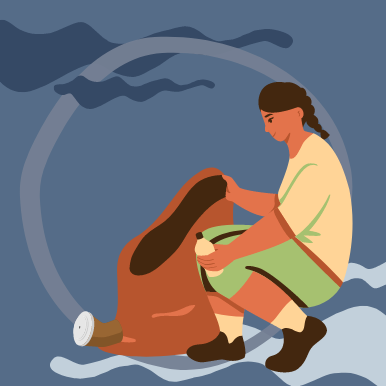
- Put on some music (possibly from your mobile and pump up some cool tunes), put a timer on for 10mins and have a race to see who can collect the most rubbish during that time. Create 1 pile each per person. The person with the most items at the end wins! Make sure you place items in recycling bins etc afterwards.
- Go on a scavenger hunt and collect items as you stroll along the beach, and at the end sit down and guess where all the pieces might have come from (such as far away countries), and what they might have originally part of (such as a lid off a water bottle)… get the minds thinking about the bigger picture!
- Purchase a Smartphone Microscope Converter and collect 5 small items from the beach and check them out to under the microscope. Wow what does their surface look like? Have they been broken down by the ocean? What are the materials?
- Find a piece of rubbish on the beach and write a story about the adventure it has been on!
- Collect rubbish from the beach and turn it into art! You could make a happy sea creature by gluing it all together or a home made card.
- Spread your words of encouragement by writing motivating messages in the wet sand for others to read and feel enlightened! Decorate with shells and seaweed!
A few Green-Act water-centric tips:
- Install a rain barrel. We wrote a whole blog post on the merits of harvesting rain water. Here’s a link!
- Revamping your bathroom or kitchen? Search around for a contractor who operates with the environment in mind. Look for a team who can help restore old drain piping to its original quality, meaning they’ll divert substantial amount of contaminated piping and drywall from landfill! And a plumber who carries high efficiency fixtures to reduce water consumption.
- If you’re in a position to do so, give up the plastic water bottles. Our members McLeod’s EcoWater wrote a blog post about this here.
- If your water isn’t potable, or you prefer bottled water: Consider a water service that uses Health Canada approved bottles and which uses H20 that’s produced in your area, and bottled on site thus minimizing transit emissions.
- Dispose of e-waste correctly. Look for a local-to-you drop of depot.
- Dispose of paint correctly. According to Forbes.com – Paint is the largest source of micro-plastics in the ocean. Take empty cans and cans you no longer need to your local depot or hardware store for safe disposal. Use earth-friendly paint for home reno’s.
- Use ocean-safe sunscreen!
Thanks for checking out our latest blog! Do you have an easy to-implement idea for this list? Let us know!
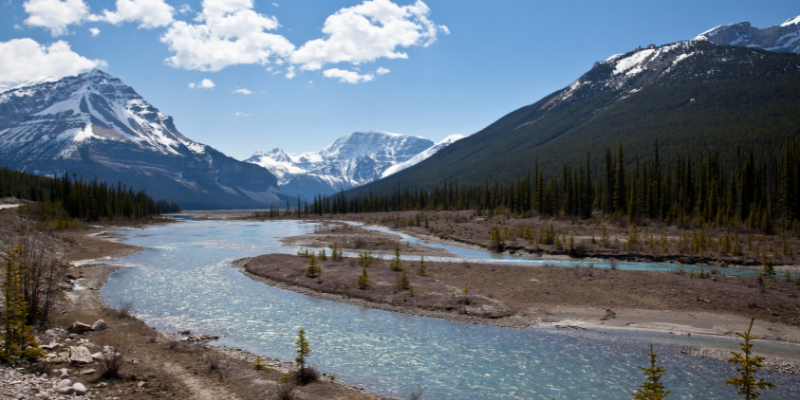
More Blog Posts:
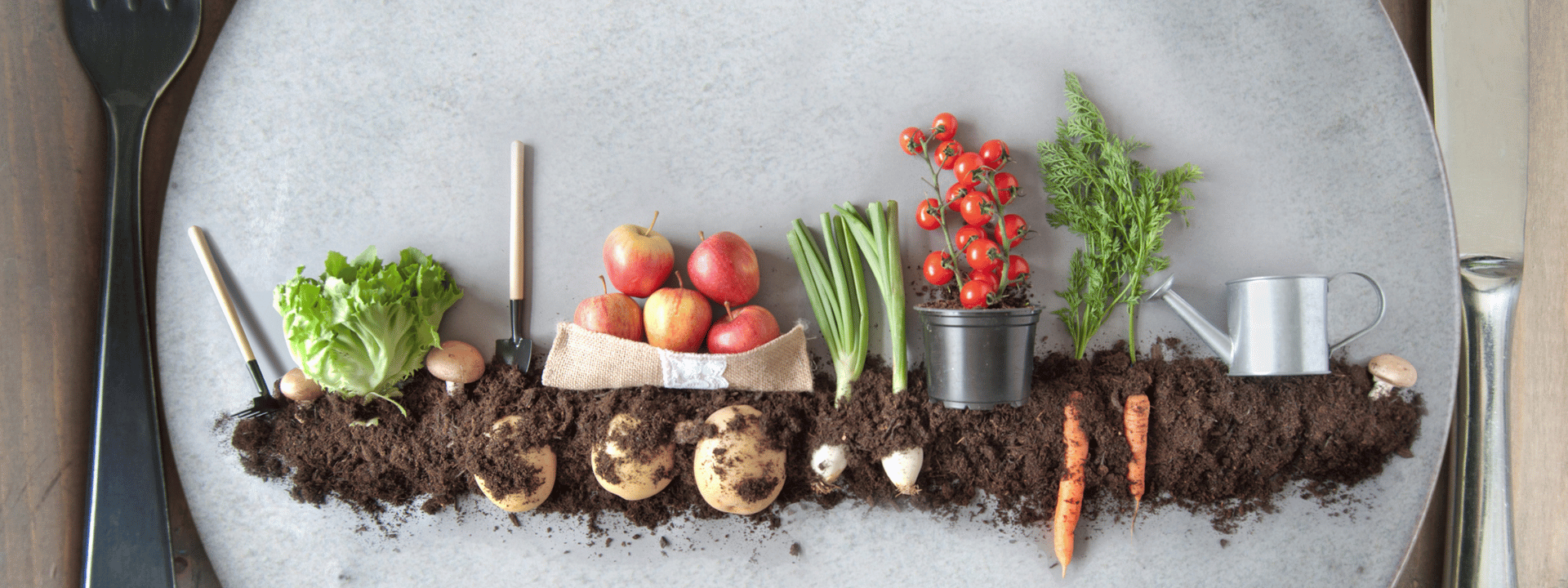
The Guide to Veganuary!
Whether you are going full vegan or starting to eat less meat, our guide to veganuary will help you go plant-based in 2023.
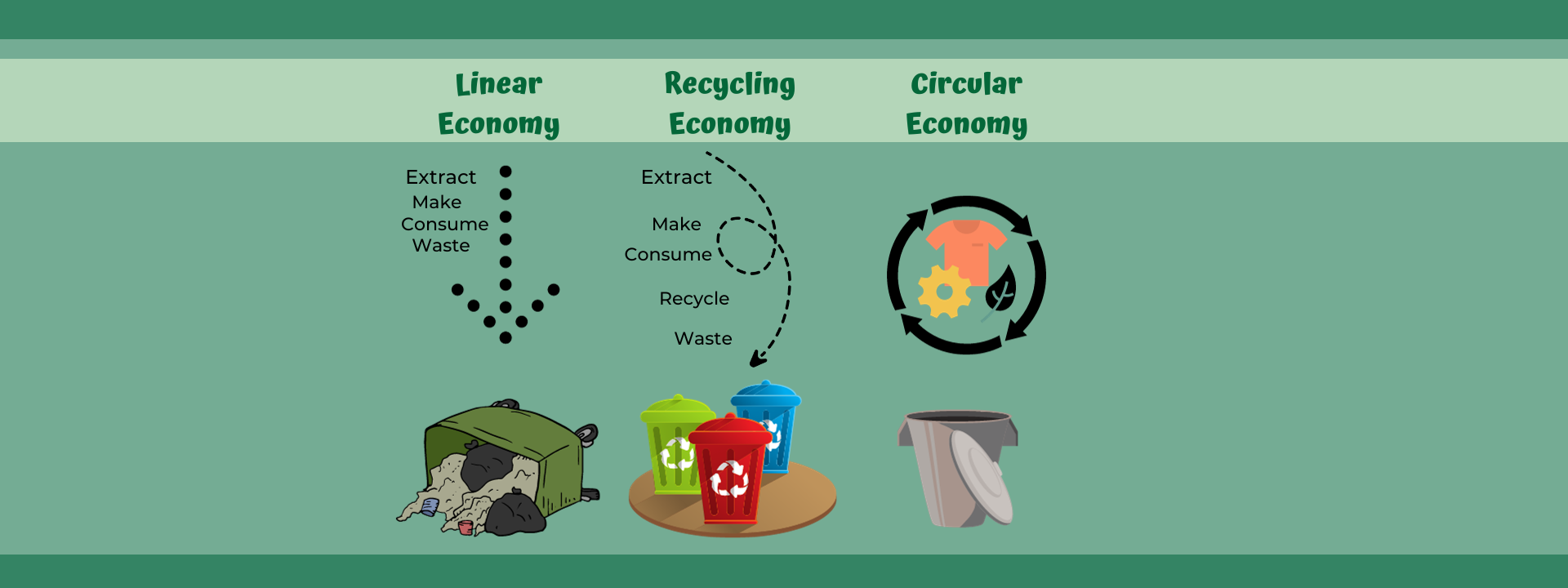
5 Circular Economy Companies in Canada To Celebrate Waste Reduction Week
Say hello to 6 Circular Economy Companies in Canada this October as we Celebrate innovators during Waste Reduction Week.

